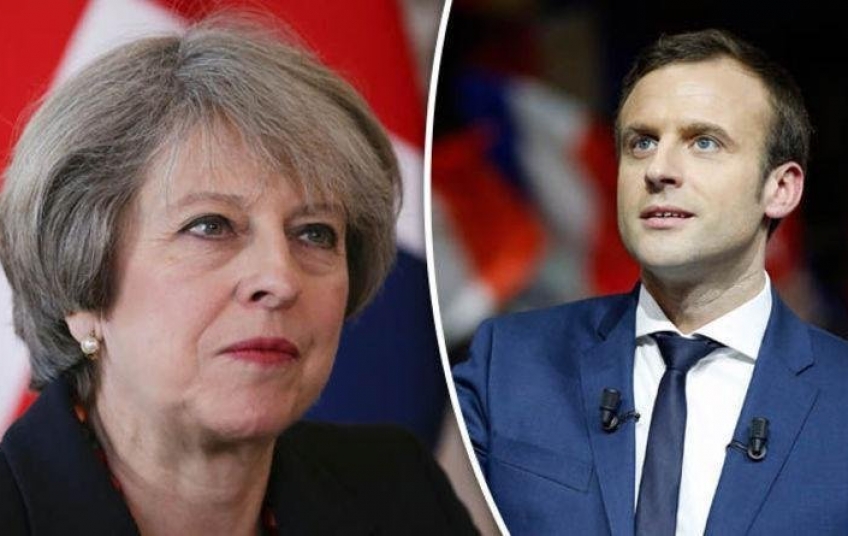Time for Brentry?
The triumph of populism and its greatest achievement - Brexit, seemed to have weakened the EU's position for a moment and forced EU member states to focus on domestic issues and halt the EU enlargement projects. Yet during the same period, at the fifth Eastern Partnership summit in Brussels on 24 November, 2017 Armenia and the European Union signed a new framework agreement, dubbed the Comprehensive and Enhanced Partnership Agreement (Cepa).
If EU domestic policies stabilize, the Union will once again give priority to foreign policy and give a new impetus to its enlargement programs, which will definitely affect its cooperation with Armenia. And ahead of the May 18 meeting of Emmanuel Macron and Theresa May, the world press began to talk about the UK's possible return to the EU. The UK's return may play a key role in stabilizing the EU.
In March 2017 the British prime-minister Theresa May triggered Article 50 of the Treaty of the European Union, formally beginning the two-year legal process of Brexit, which is set to conclude in March 2019. But not only Remainers still cherish hopes for the second referendum, as The Independent writes, the president of the European Commission, Jean Claude Juncker on Tuesday had endorsed a statement by European Council president Donald Tusk suggesting that Britain could still “change its mind” to leave, telling the British people that “our hearts are open to you”. “Once the British have left under Article 50 there is still Article 49 which allows a return to membership and I would like that,” he told MEPs. [1]
Article 49 is the normal way for a European country to join the union – a process that normally takes years. Any new member state requires the unanimous consent of the 27 member states on the European Council, the consent of the European Parliament, and consultation with the Commission.
Former MP Nick Clegg has supported Tusk in his Twitter: “Donald Tusk is right. The world has moved on since June 2016. Brexiteers keep banging on about freedom, but one of the greatest freedoms is the freedom to change your mind.”[2]
According to Reuters, when asked about the idea of a second EU referendum in Britain, the adviser to President Emmanuel Macron said: “If tomorrow, or the day after, the United Kingdom decided to change its mind, it’s clear that we would look at this with kindness.”[3]
As The Guardian reports, even the biggest proponent of Brexit, Nigel Farage, the former Ukip leader, suggested on Thursday that another Brexit vote should be held, arguing it would lead to a more decisive victory for the leave campaign and silence remain supporters for a generation. “Of course I don’t want one, we won a referendum and that should have been that. But I do not trust the sheer dishonesty of our political class,” he told BBC Radio 4’s Today programme.[4]
The talks of the possible return of the Great Britain to the big European family might signal the positive changes brought to the Union by Emmanuel Macron, victory of the center-right parties all across the continent and certain retreat of the populist tide, as well as the need to counteract growing international economic and security challenges.
[1] http://www.independent.co.uk/news/uk/politics/jean-claude-juncker-uk-eu-brexit-rejoin-referendum-president-article-49-a8163671.html
[2] https://twitter.com/nick_clegg/status/953286507766444032
[3] https://www.reuters.com/article/us-britain-eu-france/france-would-look-with-kindess-on-uk-brexit-change-of-mind-macron-adviser-idUSKBN1F611U?il=0
[4] https://www.theguardian.com/politics/2018/jan/11/nigel-farage-backs-fresh-brexit-referendum-to-kill-off-issue





